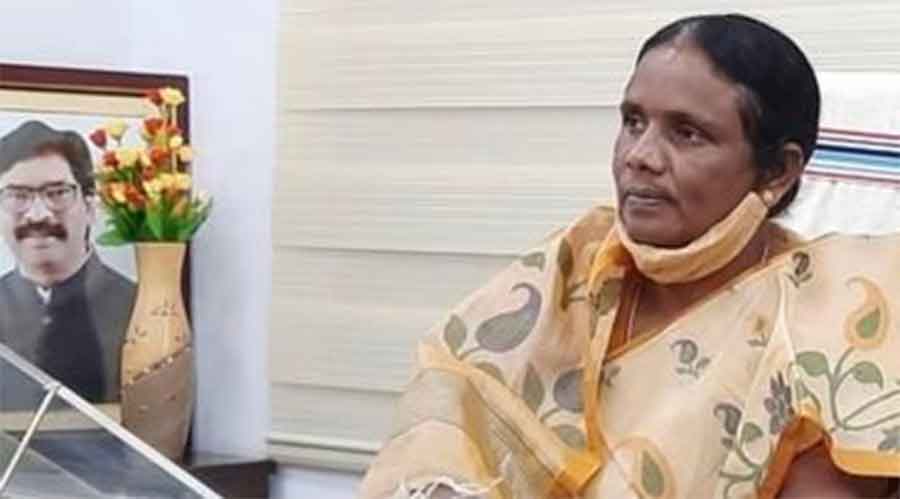Breastfeeding, within the first hour of life, is recognised as the most important intervention for infant survival.
The first week of August every year is celebrated as the World Breastfeeding Week. These seven days aim to highlight the huge benefits that breastfeeding can bring to the health, survival, and wellbeing of babies, and for mother’s health. The Lancet Journal in 2016 provided evidence that breastfeeding can raise Intelligent Quotient (IQ) by 3 points in all children and is associated with higher income in adult life.
Optimal breastfeeding means that all newborns are initiated breastfeeding within one hour of the birth and are exclusively breastfed for the first six months (even water or honey or anything except mothers’ breastmilk should not be given). Further, after 6 months along with introduction of semi-solid foods; breastfeeding should be continued for two years or beyond.
Global Scientists indicate that undernutrition is a predominant risk factor for 62 percent of all under- 5 year deaths in India. WHO 2021 suggests that over 820 000 children's lives could be saved every year among children under 5 years, if all children 0–23 months were optimally breastfed.
Jharkhand envisages a state, where the breastfeeding should be optimally high to ensure survival, growth, and care for children to effectively combat the high rate of malnutrition, mortality and morbidity among children and also remain protective to Covid-19 pandemic. Overall, there has been little improvement in nutrition outcomes in Jharkhand between 2006 and 2016. While the initiation of breastfeeding indicators shows substantial improvement since past 10 years, many infants are still deprived of the highly nutritious first milk (colostrum) and the antibodies it contains, still all children are not initiated breastfeeding within 1 hour, many are fed water, animal milk, honey etc. which is not good for the health of the newborns.
Breastfeeding practices in Jharkhand need further improvement to save more lives and extend benefits to the children and breastfeeding is not the sole responsibility of the mother.
The only ideal food for a child below 6 months is mother’s breast milk. It is safe, clean and contains antibodies which help protect against many common childhood illnesses. Breastmilk not only provides all the energy and nutrients that the babies need for the first months of life, but also provides up to half or more of a child’s nutritional needs during the first year, and up to one third during the second year of life.
Current evidences suggests that breastmilk is not likely to give vertical transmission of viral infection in new-born and infants. Rather, high prevalence of antibodies in breastmilk might lead to passive immunity in many breastfed infants and may serve as protection against Covid-19. This means that continuing to breastfeed is the best way to fight the virus and protect your baby.
Exclusively Breastfed children also more intelligent and are less likely to be overweight and less prone to have diabetes later in life. Women who breastfeed also have a reduced risk of breast and ovarian cancers.
Right now, in COVID-19 pandemic, many mothers and parents are confused whether they should breastfeed their children or not. Let me tell you a few things that you can do if you are worried:
Ensure good hygiene
So far, the virus has not been found in breastmilk and all mothers are advised to continue breastfeeding, while practicing good hygiene during feeding. Breastfeeding should be promoted irrespective of the mother’s or baby’s Covid status. In case, mother is Covid positive, she must continue breastfeeding following the 3 Ws mantra- wear a mask during feeding; wash hands with soap before and after touching the baby; and wipe and disinfect surfaces regularly. Mother and the baby should never be separated and skin to skin contact should be encouraged.
If the mother is critically ill, is hospitalized or is critical with Covid, she can express the breastmilk (in a bowl) after washing hands for at least 40 seconds and while wearing a mask. Expressed breast milk can be fed to her own baby without pasteurization at room temperature for up to 4 hours. Expressed milk should be fed using a clean bowl and spoon. Father or any other elder in the family can help in breastmilk feeding. Mothers should be encouraged to breastfeed and here, the family support and encouragement is very important. If a mother does fall ill with symptoms of fever, cough or difficulty in breathing, medical care should be sought and follow instructions from a health care provider.
Further as the infants grow, their nutrient and diet need also increases. After the first 6 months of life, an infant’s nutrient demands start to exceed what breastmilk alone can provide. To keep up with these growing demands, it is recommended to begin giving semi solid food to children and continue breastfeeding upto 2 years at least. The right to adequate nutrition is a fundamental right for every child.
I further appeal to all officials, decision makers, hospital staff, health workers must protect, promote, and support breastfeeding and not promote baby foods which is a violation of the Government of India Infant Milk Substitute Act, 2003. Breast Milk indeed is the best milk for your babies. As nothing can be more safer and nutritious than that. Important days like the first week of August marks as World Breastfeeding week however, we need 52 breastfeeding weeks for promotion of breast-feeding round the year.
(The writer is women, child development and social security minister of Jharkhand)










